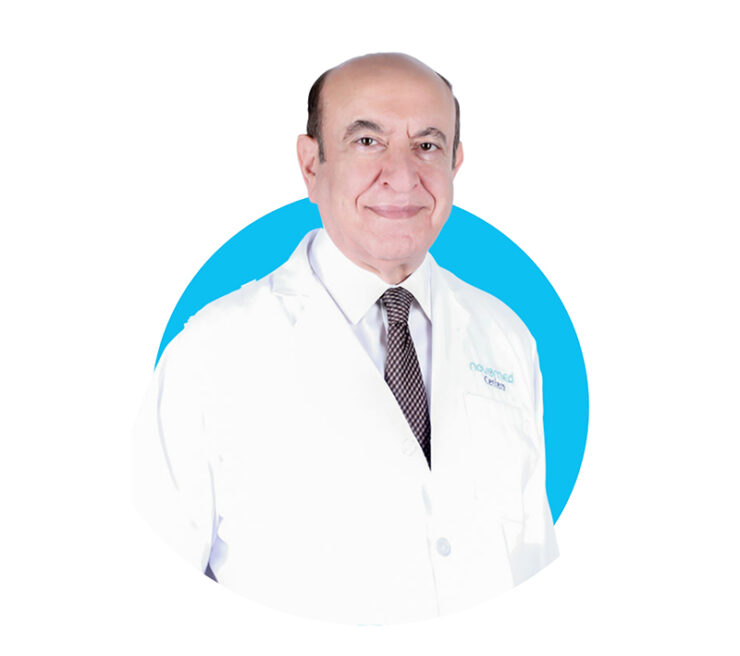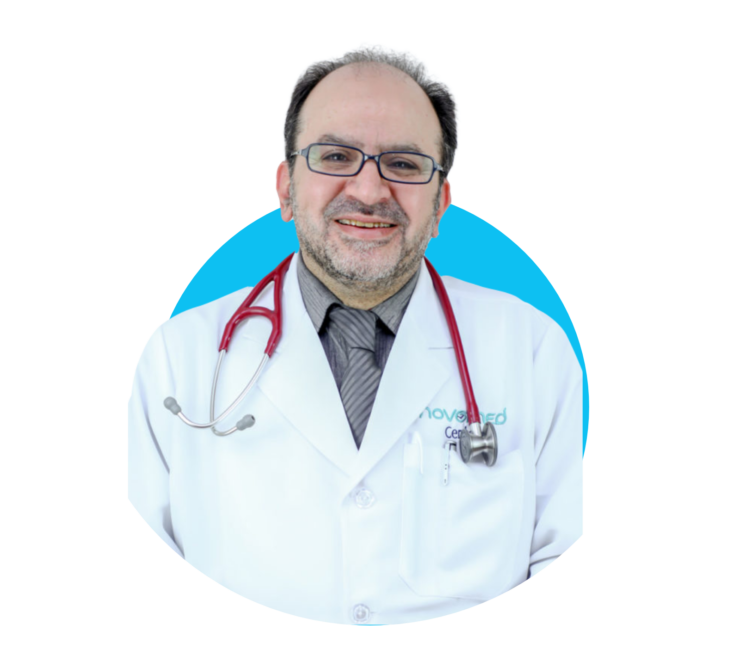Symptoms of a food allergy could include hives, itchiness, a swollen tongue, vomiting, diarrhea, difficulty breathing, or low blood pressure. In more rare cases there could be a severe reaction called anaphylaxis, which is life-threatening, and needs to be treated with an epinephrine (adrenaline) shot immediately. Even if an initial reaction to a type of food was mild, it doesn’t follow that all future reactions will be – the next time the reaction could be severe.
An allergic reaction can occur within minutes, or up to several hours after exposure to a food. A food allergy comes about when immunoglobulin E (IgE), a component of your immune system, binds to the food molecules. It is usually a protein in the food that triggers the release of chemicals such as histamine, causing the symptoms.
Food intolerance and food poisoning are separate medical issues, and not food allergies. An allergy test will identify your food allergies.

Food allergies can affect different parts of your body simultaneously. Common symptoms include:
- Dizziness or feeling lightheaded
- Wheezing or shortness of breath
- An itchy or tingling mouth
- A red and itchy rash, possibly raised
- Swollen lips, tongue, face, throat or other body parts
- Difficulty swallowing
- Pain in the abdomen
- Nausea, vomiting and/or diarrhea
- Symptoms typical of hay fever, such as itchy eyes and sneezing
Anaphylaxis is an extreme and life-threatening allergic reaction that can strike suddenly, and get worse rapidly. Initially, it could start with symptoms typical of a normal allergic reaction, before the onset of more extreme symptoms that could include:
- Increased difficulty breathing, due to wheezing and coughing, for example
- A sudden and extreme feeling of fear and anxiety
- Rapid heart rate (tachycardia)
- A steep and sudden drop in blood pressure, which could lead to confusion and feeling lightheaded
- Unconsciousness
- Without immediate treatment, anaphylaxis can be fatal.
Bloating and gas can be symptoms of a food allergy, and might be your only symptoms. However, they are also common symptoms of a food intolerance, which is a different medical condition.
If you frequently experience gastrointestinal issues after eating a certain type of food, our specialists will be able to determine which ingredient is the underlying cause. While many foods contain allergens, it is believed just eight are responsible for the majority of all allergies and reactions. These are peanuts, milk, eggs, soy, wheat, fish, shellfish and tree nuts.
A food-allergy reaction sometimes shows up only if a person exercises after eating a certain food; if they did not exercise and just ate the food, there would be no reaction. Symptoms can be severe and include anaphylaxis, usually called ‘Food-dependent Exercise-induced Anaphylaxis’.
People with this syndrome could also have an attack triggered by non-steroidal anti-inflammatory drug such as aspirin or ibuprofen, or drinking alcohol.
Prevention is always better than cure, so the obvious remedy for food allergies is to identify the allergen, and then scrupulously avoid it. However, this must be done through tests conducted by an allergist, and you should not make extreme changes to your child’s diet ̶ cutting out all dairy, for example ̶ without first talking to an allergist.
If you do eat a food you are allergic to and have a mild to moderate reaction, antihistamines can help relieve the symptoms. A higher dose will be necessary to control acute allergic symptoms.
If your symptoms are extreme, such anaphylaxis, a shot of epinephrine (adrenaline) could save your life. Food-allergy sufferers are often given an auto-injector pen, which contains doses of epinephrine to be used in the case of emergency.
If you suspect that you or a family member has a food allergy, it’s important to confirm it with a professional diagnosis. Our specialists will be able to administer appropriate tests to identify the allergen and work with you to come up with a comprehensive plan for dealing with it.
While many doctors can do allergy testing, you should have the results looked at by an experienced health professional, namely, an allergist. Parents often think their child has a food allergy when, in reality, their symptoms are caused by a completely different condition.






